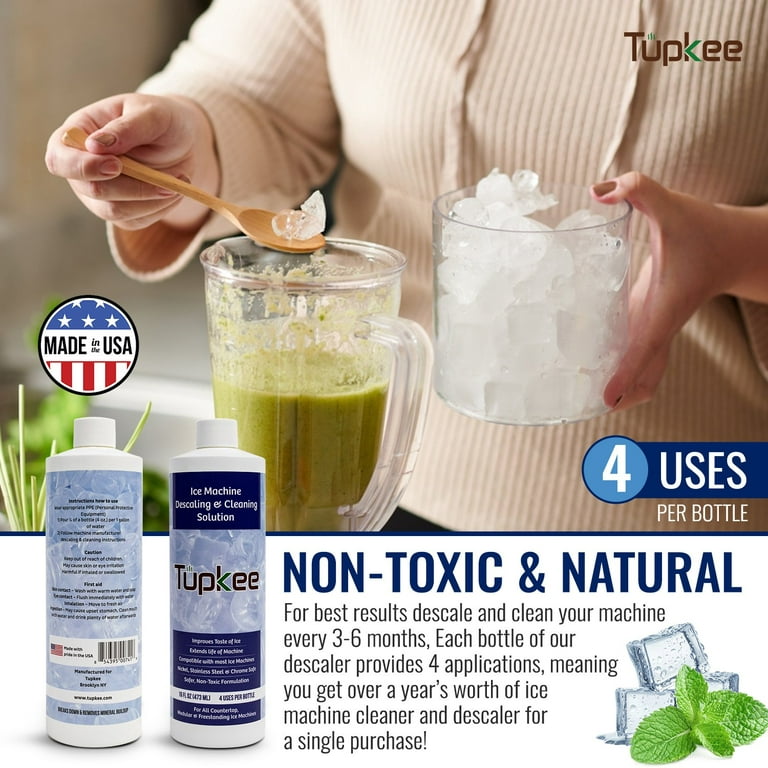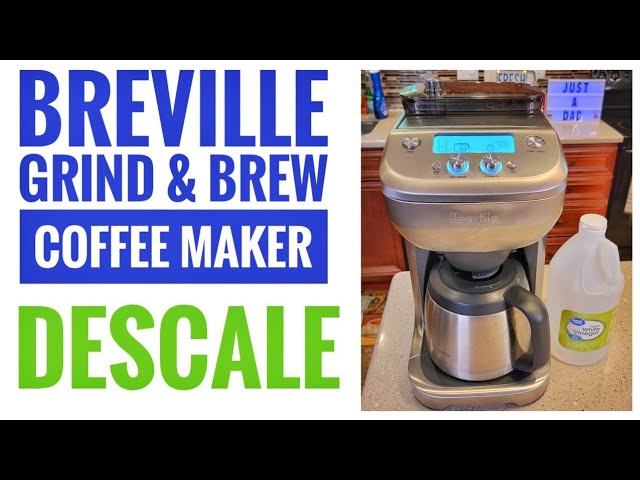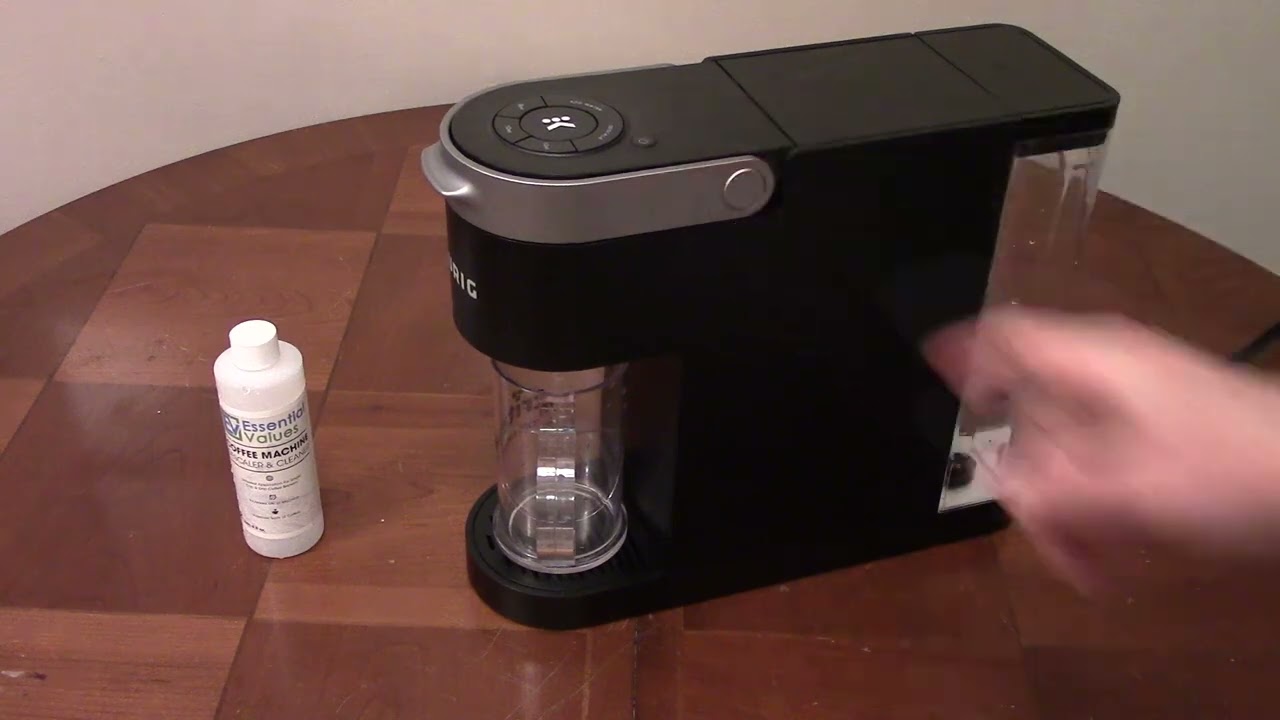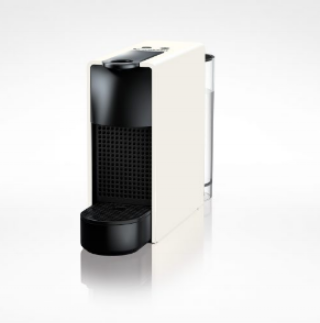Homemade Descaling Solutions: Easy DIY Recipes for Coffee Makers
Purchasing products via the links in our article may result in us earning a commission, but rest assured, this does not influence our editorial independence.
If your day doesn’t truly start until you’ve had that first sip of coffee, you’re in good company. But did you know that over time, your beloved coffee maker can get all gummed up with mineral buildup, also known as scaling? This not only messes with your coffee’s flavor but can also shorten the life of your machine.
The good news? You don’t need to shell out for pricey commercial descalers. Homemade descaling solutions are just as effective, plus they’re eco-friendly and kind to your wallet.
The Problem of Coffee Maker Scaling
So, what exactly is scaling? Well, it happens because of the minerals in your water, mostly calcium and magnesium. When water heats up, these minerals solidify and form a hard residue on your coffee maker’s internal parts. This buildup can mess with your machine’s performance and change the taste of your coffee. To learn more about scaling, explore our resources.
Why Regular Maintenance Matters
Keeping your coffee maker in tip-top shape isn’t just about enjoying that perfect cup of joe. Regular cleaning helps prevent scaling, which means your machine works better and lasts longer. Plus, you’ll save yourself from spending money on repairs or new machines. Descaling is a crucial part of this regular maintenance routine.
Why Choose an DIY Coffee Descaler?
Ever wondered why a homemade solution might be the best way to go for descaling your coffee maker? Here’s why:
- Eco-Friendly: DIY descalers usually rely on natural ingredients like vinegar or citric acid, which helps reduce your environmental footprint.
- Cost-Effective: These ingredients are often very affordable and probably already sitting in your kitchen pantry.
- Safe & Non-Toxic: Unlike some commercial descalers, homemade options don’t contain harsh chemicals that could be harmful to you or your machine.
Homemade Descaling Recipes
Ready to get started? Here are some simple, yet effective recipes:
1. Vinegar-Based Descaler:
- Mix equal parts white vinegar and water.
- Pour the mixture into the reservoir and run a brew cycle.
- Rinse thoroughly with multiple cycles of fresh water.
Pro Tip: For the best results, we recommend using a high-quality white vinegar like Happy Belly Distilled Vinegar:
Happy Belly Distilled Vinegar
- One 128-ounce bottle of Happy Belly White Distilled Vinegar
- Grain and water diluted to 5% acidity
- About 253 servings per container
- An Amazon Brand
2. Citric Acid-Based Descaler:
- Dissolve 1 tablespoon of citric acid in 1 cup of water.
- Follow the same steps as the vinegar solution: pour, brew, and rinse.
If you want to make your own citric acid-based descaler, you’ll need food-grade citric acid powder. You can easily find it online or at most grocery stores. Our recommendation is Milliard Citric Acid:
Milliard Citric Acid 5 Pound
- The fine granular NON-GMO citric acid is a kitchen essential used in preserving, flavoring, and cleaning completely; preserves the Vitamin C content of a food product.
- Adds an acidic or sour taste to meat, candy, soft drinks, and ice cream. It keeps fruits and vegetables fresh and food flavorful. Perfect for craft making, candy making, pH adjustment, water softening, and more!
3. Lemon Juice-Based Descaler:
- Mix 1/4 cup lemon juice with 1 cup water.
- Repeat the brew and rinse process.
4. Baking Soda Descaler (Vinegar-Free):
- Mix 1 tablespoon baking soda, 1/2 cup lemon juice, and 1/2 cup water.
- Proceed as with the other solutions.
Check out this quick guide from Consumer Reports and you’ll be brewing fresh coffee in no time:
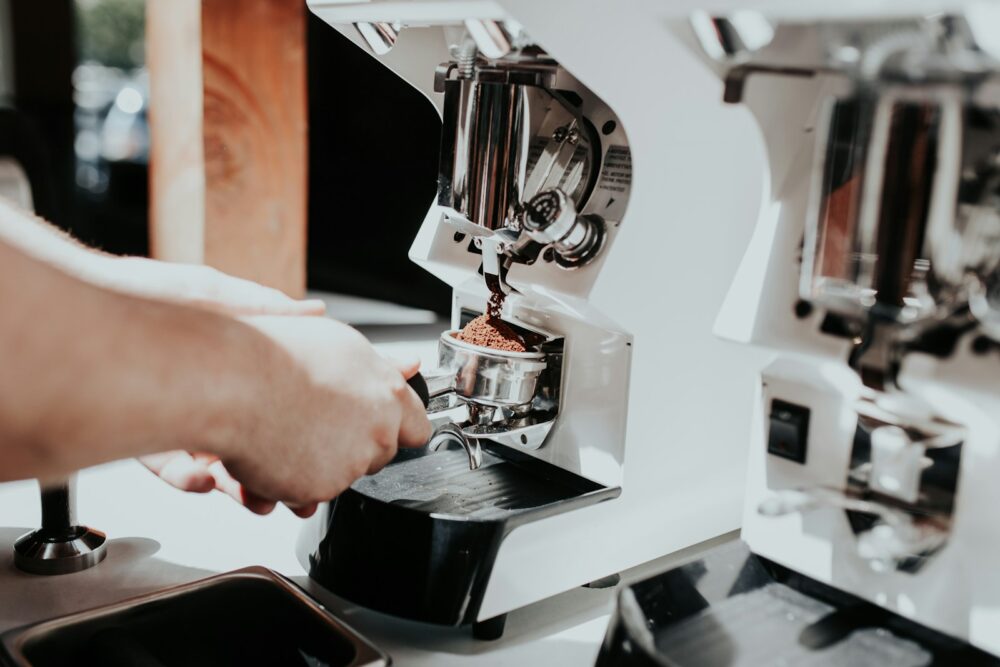
Which Recipe is Best?
- Vinegar is the most common and effective, though some people aren’t fans of the smell.
- Citric acid is a fantastic alternative, especially for more sensitive machines.
- Lemon juice is quite effective too, though it may be a bit less potent than vinegar or citric acid.
- Baking soda is a great vinegar-free option, but it may require longer soaking or multiple applications to get the job done.
Here’s a quick comparison to help you decide which DIY descaling solution best fits your needs.
| Solution | Effectiveness | Cost | Environmental Impact | Drawbacks |
| Vinegar | Highly Effective | Very Low | Low | Strong Vinegar Smell |
| Citric Acid | Effective | Low Purchase citric acid powder on Amazon. | Low | May Dull Metal Parts (If Overused) |
| Lemon Juice | Moderately Effective | Low | Low | Weaker Than Others |
| Baking Soda | Moderately Effective | Low | Low | May Require Multiple Applications |
Whichever method you choose, your coffee maker will thank you, and your morning brew will taste just that much better!
What Coffee Lovers Are Saying?
Curious about how other coffee enthusiasts deal with scaling? Reddit users have shared some fantastic tips and experiences on using homemade descaling solutions:
- White Vinegar: This is a go-to option for many, often mixed 1:1 with water. It’s effective, but some users report a lingering vinegar smell. (See discussion: Reddit Thread)
- Citric Acid: Considered a gentler alternative to vinegar, citric acid doesn’t leave a strong odor behind. (See discussion: Reddit Thread)
- Lactic Acid: Although not as common, some coffee lovers swear by lactic acid for its effectiveness, despite its higher cost and limited availability.
- Baking Soda: Another viable option, especially if you prefer to avoid vinegar. Dissolve it in warm water for best results. (See discussion: Reddit Thread)
Pro Tip: Always check your coffee maker’s manual for specific descaling recommendations and adjust your descaling frequency based on your water hardness and usage.
Troubleshooting Guide
Let’s tackle some common issues you might face while descaling:
Coffee Maker Not Draining
- Potential Cause: A clog could be causing the issue.
- Solution: Run a cycle with just water, or gently clear the spout with a straw or pipe cleaner.
Vinegar Smell Lingering
- Solution: If the vinegar smell hangs around after rinsing, run additional cycles with fresh water. Adding a few tablespoons of baking soda to the water can help neutralize the odor.
Machine Leaking
- Action: If your coffee maker starts leaking during the descaling process, turn it off immediately.
- Check: Look for cracks or damage in the carafe and reservoir, and tighten any loose connections.
- Next Step: If the problem persists, consult your coffee maker’s manual or seek professional help.
Descaling Not Effective
- Further Steps: If your coffee maker still shows signs of scaling after you’ve descaled it, you might need to:
- Repeat the process with a stronger solution.
- Try a different descaling recipe.
- Soak the removable parts in the solution for a longer period.
By following these tips and troubleshooting advice, you’ll keep your coffee maker in perfect working order and enjoy delicious coffee every time!
Alternative Descaling Methods
Looking for more ways to keep your coffee maker in top form? Here are some alternative descaling methods:
- Baking Soda Paste: Mix baking soda with water to form a paste, then scrub the affected areas. This is handy for spot cleaning.
- Hydrogen Peroxide: Mix equal parts water and hydrogen peroxide, run a cycle, then rinse thoroughly to ensure no residue remains.
- Commercial Descaling Tablets: These are super convenient but can be a bit pricey and may contain chemicals.
- Natural Descalers: Often made with citric acid and other eco-friendly ingredients, these commercial solutions are a great balance between convenience and natural cleaning.
If you prefer a ready-made solution, consider a natural descaler like these:
IMPRESA Descaler (2 Pack, 2 Uses Per Bottle) - Keurig, Nespresso, Delonghi
- 2-Pack Coffee Descaler and Cleaner - Clean and rinse away residue and oil buildup in your coffee maker with Impresa's Coffee Descaler Solution. Our highly effective solution comes with two 8-ounce bottles - enough for 4 descaling sessions (2 uses per bottle)
De'Longhi EcoDecalk Descaler, Eco-Friendly Universal Descaling Solution
- FROM DE'LONGHI. The world-leader in espresso machines.
- KEEP YOUR MACHINE RUNNING SMOOTHLY AND YOUR COFFEE TASTING GREAT. The timely use of this product will help your machine’s performance, keeping a consistent speed to brew, and the ideal temperature cup after cup.
Lemi Shine Coffee Descaler With Powerful Citric Acid
- CLEANER MACHINE, BETTER COFFEE: We believe that coffee tastes even more delicious when you use coffee machines and coffee makers that are next-level clean. So we created a coffee descaling solution to bring your preferred brewing method back to life! Your morning cup of joe just got even better.
Maintenance Tips for Your Coffee Maker
Ensuring your coffee maker stays in top condition isn’t all about descaling. Here are a few extra tips:
- Descale Regularly: Aim for every 3-6 months, depending on your usage and the hardness of your water.
- Use Water Softener: This is a fantastic way to prevent mineral buildup, leading to less frequent descaling and potentially better-tasting coffee! If you don’t have a water softener, no worries. Using filtered water can help too, though it may not be quite as effective at preventing scale. Need help picking the right water softener? Head over to our best water softener review article for expert advice.
- Clean Regularly: Don’t forget to wash the removable parts and wipe down the exterior to keep everything sparkling clean.
- Air Dry Thoroughly: Make sure all parts are completely dry before reassembling to prevent mold and bacteria growth.
FAQs
Homemade descaling solutions are DIY mixtures made from common household ingredients such as white vinegar, citric acid, lemon juice, and baking soda. These solutions help remov
You should descale your coffee maker every 3-6 months, depending on your usage and water hardness. If you use your coffee maker
Both vinegar and citric acid are effective for descaling. Vinegar is more commonly used but may leave a strong odor. Citric acid is a gentler alternative with no strong smell, making it a good option for those sensitive to odors or for more delicate coffee machines.
The primary downside of using vinegar is its strong odor, which may linger after descaling. Some people also find that homemade solutions require multiple applications or longer soaking times compared to commercial descalers.
Yes, you can use lemon juice as an alternative to vinegar. Mix 1/4 cup lemon juice with 1 cup water, pour it into the reservoir, run a brew cycle, and rinse thoroughly with fresh water.
If your coffee maker still shows signs of mineral buildup after descaling, repeat the process with a stronger solution (e.g., increase the vinegar or citric acid concentration), try a different recipe or consider soaking removable parts in the solution for a longer period.
Homemade descaling solutions made with vinegar, citric acid, lemon juice, or baking soda are generally safe for most coffee makers. However, always check your coffee maker’s manual for specific recommendations to avoid any potential issues.
Conclusion
By opting for homemade descaling solutions and following these simple maintenance tips, you can keep your coffee maker running smoothly, enjoy delicious coffee, and save money—all while being kind to the environment.
Happy brewing!
Emily Brown
Emily Brown is a professional cleaner with over 15 years of experience in the industry. She has a wealth of knowledge on the various descaling solutions and methods and is passionate about sharing her knowledge through her writing on the blog Descaler Genius. She also runs her own cleaning business, where she helps customers maintain their appliances and keep their homes clean and tidy.







